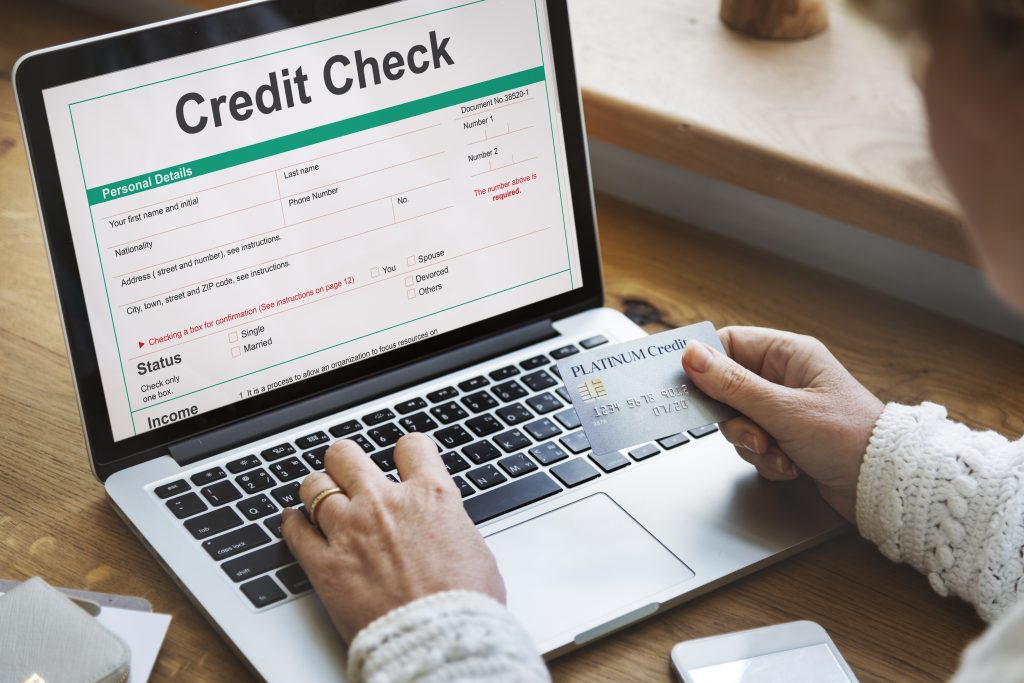A good credit score, particularly one universally accepted by lenders such as the FICO Score, is a consumer asset. The score will help in securing credit, buying insurance, and even passing a job screening.
However, chicken-and-egg problems also exist. With no or insufficient credit, how do you get credit?
Today’s article comes from the American Banker and looks at emerging credit building programs, ranging from secured cards to alternate data. Secured cards are proven products that help consumers with blemished credit records to rebuild their scores. We covered the topic here and here, explaining that the CARD Act of 2009 cleaned up the issue. Instead of hard-money lenders, top banks now play in the space, and the rates are fair and transparent. Now come the fintechs. The Banker says:
- A slew of fintechs are promising consumers that they can raise their credit scores without the need for a credit check or extensive credit history.
- Varo’s credit-building program, Believe, will launch in the coming weeks. Chime debuted a no-interest, secured credit card in June 2020. Other companies, like Extra and Grain, offer revolving lines of credit that are linked to regular debit cards. MoneyLion extends a loan meant to bolster its users’ credit history. Esusu, a service that reports rental payments to the credit bureaus, has backing from the tennis champion Serena Williams; the NBA star Stephen Curry has invested in a startup called Kikoff.
- There are other products with a niche. Step, a challenger bank, touts credit-building benefits for its teen customers. Sequin, a debit card that fronts the money for purchases and repays itself from a linked bank account, is targeted at women, who founder Vrinda Gupta, formerly of Visa, found were disproportionately being rejected by credit cards or getting lower limits and higher interest rates.
Our observation is that it takes a while to build credit. Similar to a diet, you don’t just snap your fingers and expect immediate results. There needs to be prep work, then action, and persistence. Credit Invisibles are different than people with bad credit.
- . The Consumer Financial Protection Bureau’s most recent report on this topic, from 2015, found that 11% of the adult population in the U.S. was “credit invisible,” or without records from the national credit reporting agencies, and another 8.3% were “unscorable” because of insufficient or stale history.
Addressing this segment is vital for credit card issuers, also. As the economy normalizes from COVID’s impact last year, credit card issuers are on the prowl for new accounts, and everyone chases the elusive millennials and mass affluent. But those on the threshold of credit can help fill the ballast issuers’ need for interest and non-interest revenue. The American Banker cites several developments.
- There are a few examples on the market. For example, petal has started selling its cash-flow-based underwriting technology to banks and fintechs, in addition to offering its own credit card directly to consumers.
- TomoCredit launched a credit card in March that assesses creditworthiness exclusively on cash-flow data. Nova Credit helps usher immigrants into the American credit system by making sense of foreign credit bureau information for U.S. banks’ underwriting systems.
- American Express partnered with Nova Credit in 2019.
- In May, The Wall Street Journal reported that some of the largest U.S. banks will start sharing data on customers’ deposit accounts to expand access to credit. This pilot program grew out of Project REACh (Roundtable for Economic Access and Change), an initiative by the Officer for the Comptroller of Currency to promote financial inclusion. JPMorgan Chase is one bank involved with Project REACh. Mark Brucker, chief risk officer at JPMorgan, said the goal is to broaden access to credit responsibly.
FICO Scores have a long history of predictability for lenders. Top lenders use it throughout the credit cycle, from acquisitions to customer management, collections, and ultimately asset securitization. For consumers, a good credit score is an asset. For financial institutions, the score is a reliable business resource.
Overview provided by Brian Riley, Director, Credit Advisory Service at Mercator Advisory Group
